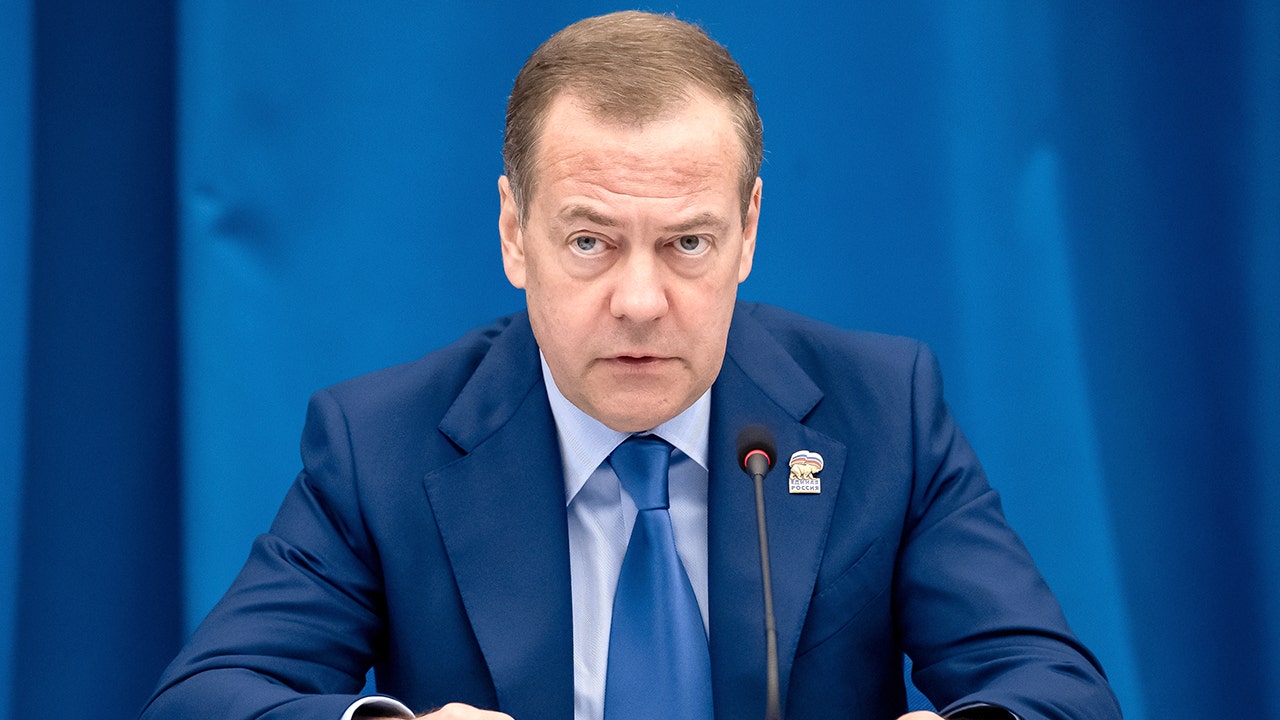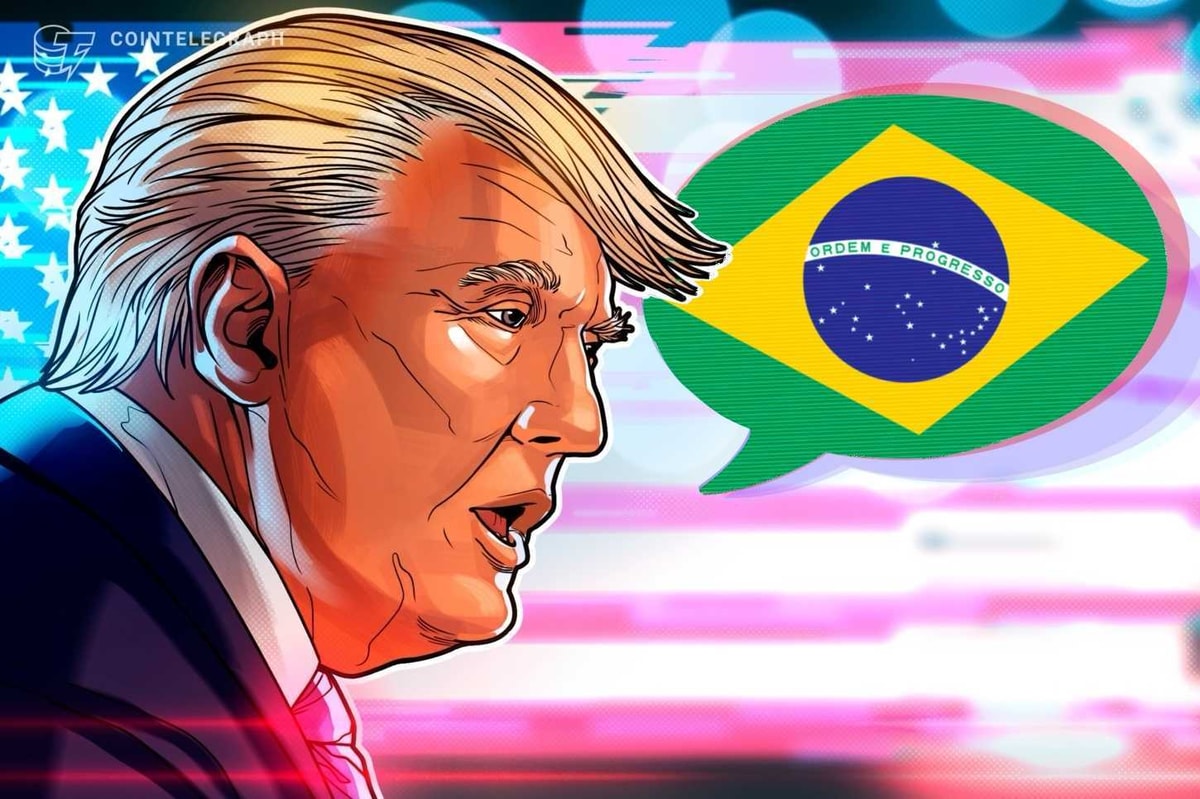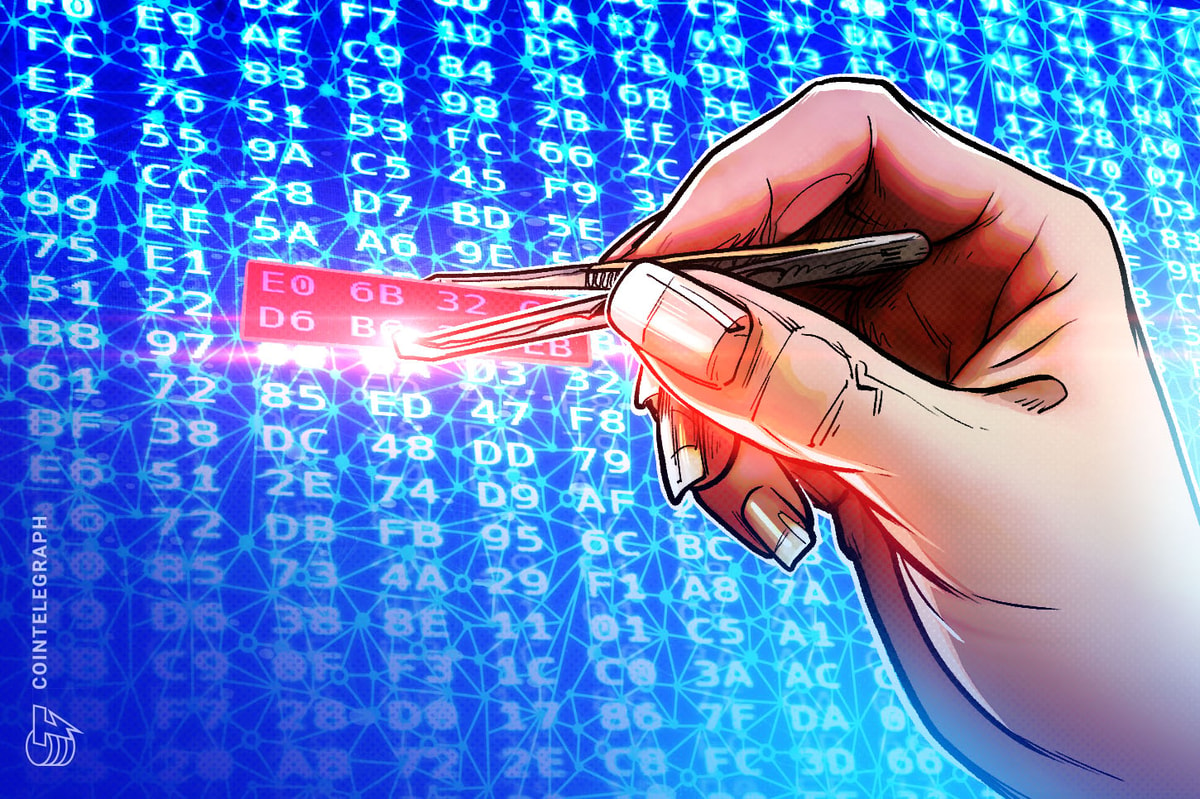The United States has launched a formal investigation into Brazil’s digital trade practices, with a spotlight on Pix, the country’s instant payment system that has rapidly displaced private-sector competitors.
The probe, announced on Tuesday by US Trade Representative Jamieson Greer, will examine whether Brazil’s digital and trade policies unfairly disadvantage US companies.
Greer said the investigation will review Brazil’s “tariff and non-tariff barriers,” saying the country offers preferential treatment to other trade partners while disadvantaging US exporters.
Another focus is Brazil’s alleged penalization of American tech firms that refuse to censor political speech. In August 2024, Brazil’s Supreme Federal Court ordered a nationwide suspension of social media platform X, after Elon Musk refused to appoint a legal representative in the country.
The investigation marks the most recent escalation in tensions between the two countries. On July 7, Trump took to social media to call on Brazilian authorities to drop the prosecution of former President Jair Bolsonaro, which he called a “witch hunt.”
A few days later, Trump threatened the probe in a letter to Brazilian President Luiz Inácio Lula da Silva, along with a 50% tariff on Brazilian imports starting Aug. 1.
Related: Brazil fintech gets approval to become a Bitcoin treasury company
Pix and Brazil’s financial system
Launched in 2020 by Brazil’s Central Bank, Pix is a government-run instant payment system that allows people to send and receive money instantly, 24/7, at no or very low cost. Unlike traditional payment systems, Pix lets users bypass credit card networks entirely, enabling direct transfers through mobile apps, QR codes, or account keys.
With over 150 million users and acceptance at more than 60 million businesses, Pix has quickly become the backbone of Brazil’s digital economy. In only five years, it has become the default payment method for everything from street vendors to utility bills, transforming how money moves in the country.
The US probe will investigate whether Brazil has been favoring its local payment system over established American alternatives such as Mastercard, Visa, and other US-based fintech companies.
Related: Brazil’s 17.5% crypto tax: How the new rules hurt small investors most
The intersection of domestic payments and global finance
Although Pix is only available domestically, it’s part of a broader shift that has Trump and US officials concerned.
Crypto-fintech bridges like Truther allow people worldwide to send stablecoins and settle instantly into bank accounts via Pix. This enables individuals and businesses to bypass traditional finance rails such as the SWIFT system, PayPal and US remittance services like Western Union.
For Trump, the concern goes beyond the Pix payment system. As a member of the BRICS economic bloc — alongside Russia, India, China and South Africa — Brazil is part of a coordinated effort to reduce dependence on the US dollar and Western financial infrastructure.
In 2024, leaders adopted “BRICS Pay,” a cross-border payments platform to bypass SWIFT and facilitate local‑currency transactions. At a recent BRICS Summit in Rio de Janeiro, the bloc discussed creating a joint reserve currency as a US dollar alternative, a move that reportedly drew the ire of the US president.
Magazine: How the digital yuan could change the world… for better or worse
Read the full article here














